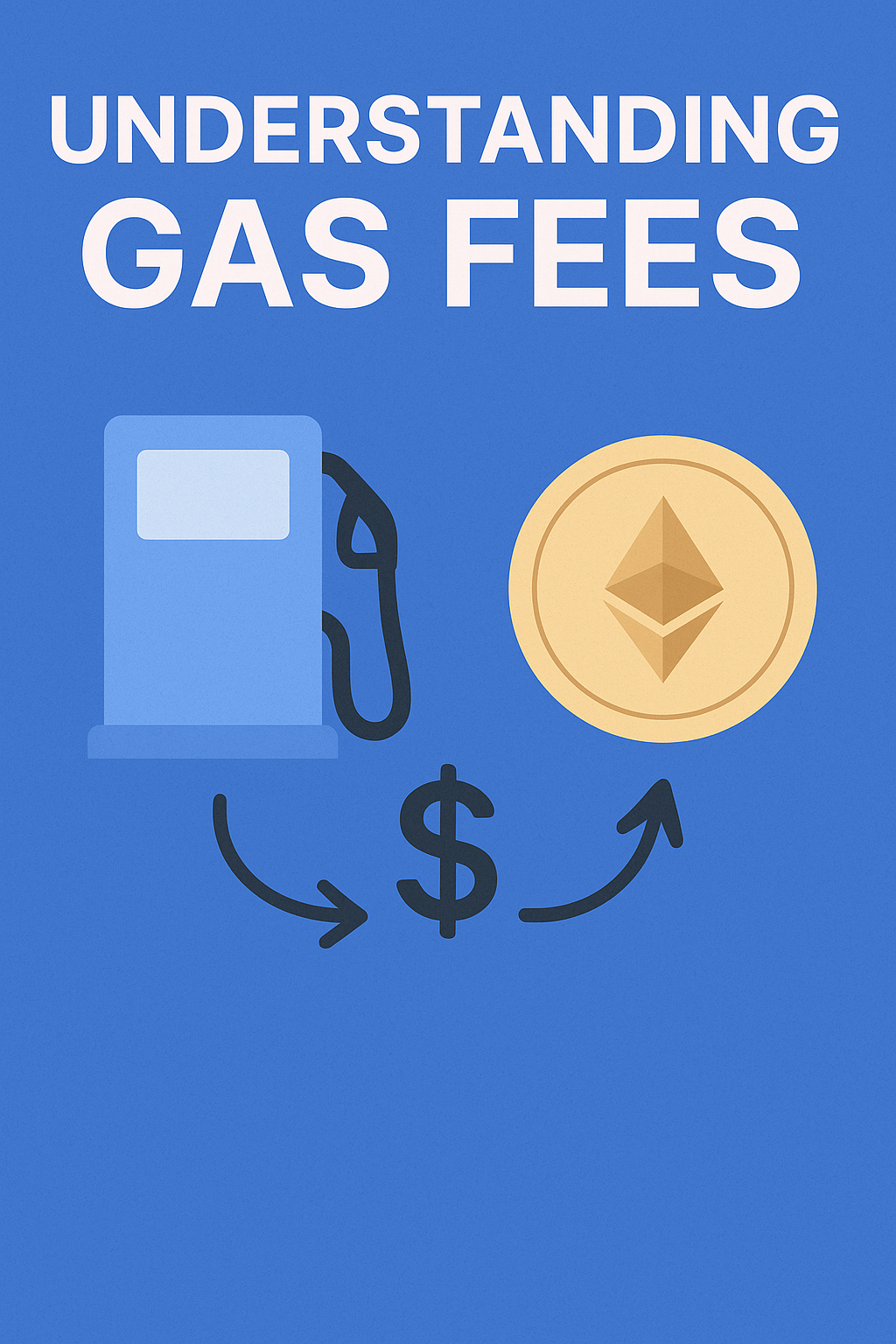Demystifying Gas Fees in the NFT World
Gas fees are one of the most confusing aspects of NFT trading for newcomers to the blockchain space. This comprehensive guide will help you understand what gas fees are, why they exist, and most importantly, how to minimize them when trading NFTs on OpenSea across different blockchain networks.
What Are Gas Fees in Blockchain Networks?
Gas fees are transaction costs paid to blockchain networks to process and validate transactions. Think of them as the "fuel" that powers blockchain operations.
💡 Gas Fees Explained Simply
These fees compensate network validators (miners on Ethereum, validators on Polygon and Solana) for the computational resources required to process your NFT transactions, smart contract interactions, and data storage on the blockchain.
Why Do Gas Fees Exist?
Gas fees serve several critical purposes in blockchain ecosystems:
🛡️ Network Security & Incentivization
- Validator Rewards:Fees incentivize miners and validators to secure the network
- Economic Security:Higher fees during congestion ensure network stability
- Decentralization:Fee distribution supports a decentralized validator network
🚫 Spam Prevention
- Cost Barrier:Fees prevent malicious actors from flooding networks with spam
- Resource Allocation:Higher fees prioritize urgent or valuable transactions
- Network Efficiency:Economic incentives optimize network usage
Gas Fees Across Different Blockchain Networks
⚡ Ethereum Network Gas Fees
Ethereum typically has the highest gas fees but offers the most established and liquid NFT ecosystem:
💰 Cost Structure
- • Average Fees: $5-50+ depending on network congestion
- • Peak Times: Weekdays 9 AM - 5 PM UTC, major NFT drops
- • Low Activity: Weekends and late nights (often 50-70% cheaper)
🎯 Best Use Cases
- • High-value transactions
- • Established collections
- • Blue-chip NFTs
- • Base fee + priority fee + tip structure
🔺 Polygon Network Gas Fees
Polygon offers dramatically lower fees while maintaining Ethereum compatibility:
💸 Ultra-Low Costs
- • Average Fees: $0.01-0.10 per transaction
- • Transaction Speed: 1-3 seconds confirmation
- • Environmental Impact: 99% lower energy consumption
🎮 Perfect For
- • Frequent trading
- • New creators
- • Gaming NFTs
- • Growing DeFi and NFT integration
☀️ Solana Network Gas Fees
Solana provides ultra-low fees with lightning-fast transaction speeds:
⚡ Lightning Performance
- • Average Fees: $0.00025 per transaction
- • Transaction Speed: 400ms confirmation time
- • Scalability: 65,000+ transactions per second capacity
🚀 Ideal Applications
- • High-frequency trading
- • Gaming NFTs
- • Microtransactions
- • Rapidly expanding NFT and DeFi projects
How to Minimize Gas Fees for NFT Trading
⏰ Strategic Transaction Timing
Gas fee optimization starts with understanding network congestion patterns:
🕐 Best Times to Trade
- • Trade during weekends and late nights UTC (often 50-70% savings)
- • Skip trading during popular NFT drops and DeFi events
- • Use gas trackers like ETH Gas Station and GasNow
- • Set gas alerts to notify you when fees drop below your threshold
📊 Monitoring Tools
- • ETH Gas Station for real-time tracking
- • GasNow for live price data
- • Blocknative Gas Platform for advanced estimation
- • OpenSea Gas Tracker for marketplace transactions
Practical Gas Fee Examples for NFT Traders
| Action | Ethereum | Polygon | Solana |
|---|---|---|---|
| 🎨 Minting NFT | $20-100 | $0.01-0.10 | $0.00025 |
| 🛒 Buying NFT | $10-50 | $0.01-0.05 | $0.00025 |
| 📋 Listing for Sale | $5-25 | Free | $0.00025 |
| 📤 Transferring NFT | $8-40 | $0.01 | $0.00025 |
Mastering Gas Fees for Successful NFT Trading
Understanding gas fees is crucial for successful NFT trading on OpenSea and other marketplaces. By choosing the right network for your needs, timing your transactions strategically, and using optimization tools, you can significantly reduce your costs while enjoying the full benefits of the NFT ecosystem.
Whether you're a creator looking to mint your first collection or a collector building a diverse portfolio, mastering gas fee optimization will improve your profitability and trading experience across Ethereum, Polygon, and Solana networks.
